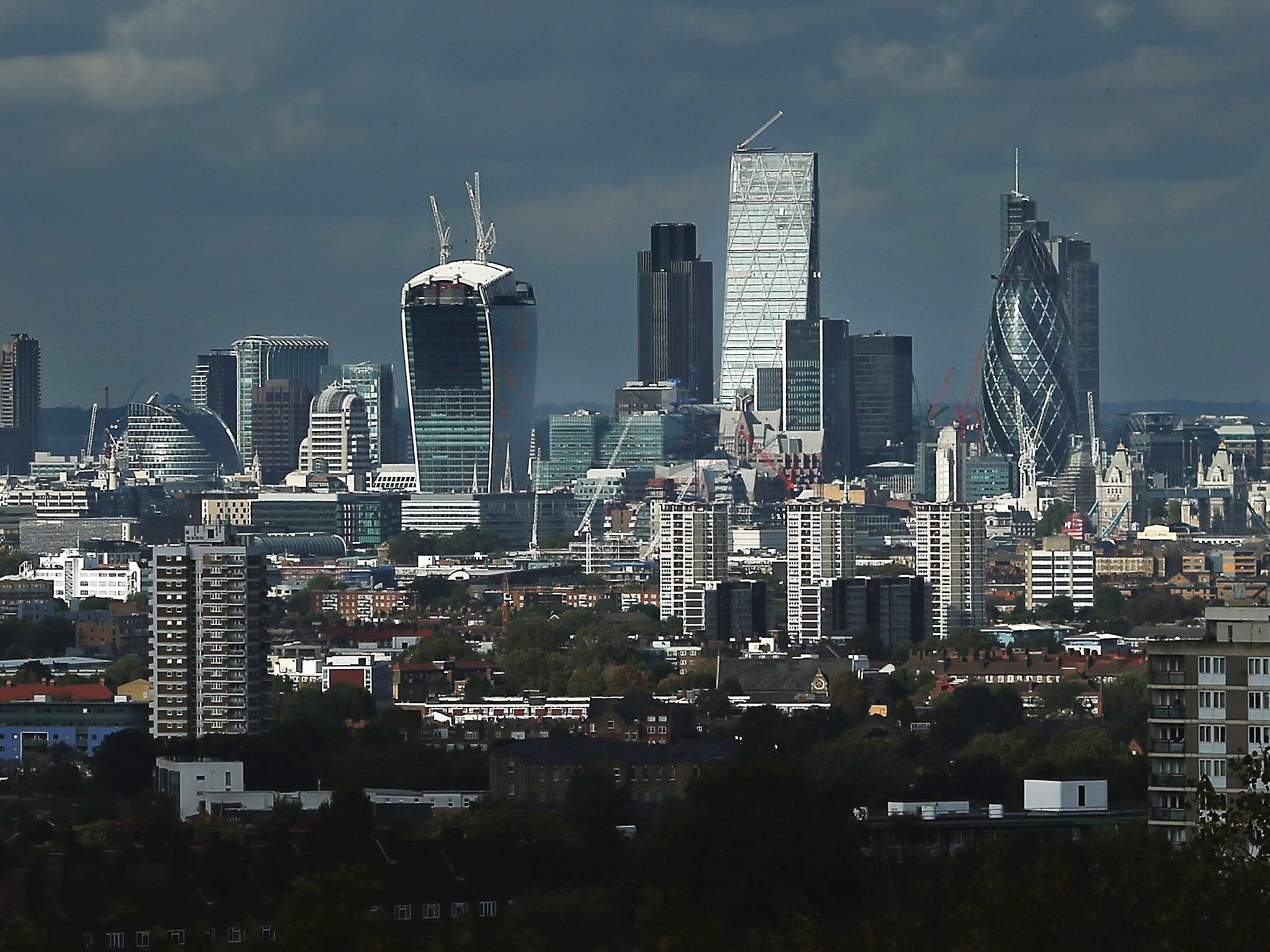Budget 2015 – banks: Osborne raises levy and plans sale of shares to cut national debt
Banks will no longer be able to offset the PPI compensation they pay against tax

Your support helps us to tell the story
From reproductive rights to climate change to Big Tech, The Independent is on the ground when the story is developing. Whether it's investigating the financials of Elon Musk's pro-Trump PAC or producing our latest documentary, 'The A Word', which shines a light on the American women fighting for reproductive rights, we know how important it is to parse out the facts from the messaging.
At such a critical moment in US history, we need reporters on the ground. Your donation allows us to keep sending journalists to speak to both sides of the story.
The Independent is trusted by Americans across the entire political spectrum. And unlike many other quality news outlets, we choose not to lock Americans out of our reporting and analysis with paywalls. We believe quality journalism should be available to everyone, paid for by those who can afford it.
Your support makes all the difference.Britain’s banks will bear the brunt of the Chancellor’s extra tax-raising over the next few years and will also contribute considerably to cutting the country’s debt.
George Osborne will raise more than £1bn a year extra in taxes from banks and raise a further £22bn through the sale of more shares in Lloyds Banking Group and mortgage books held by the nationalised former building societies Northern Rock and Bradford & Bingley.
His first move is to increase the bank levy, which could raise the spectre of more foreign banks pulling out of the UK or even UK banks moving their headquarters abroad.
The charge, levied as a percentage of the value of banks’ balance sheets, is going up from 0.156 per cent to 0.21 per cent, which will raise the amount banks pay by about £900m a year. That is up from £2.8bn this year to £3.7bn in each of the next two years.
Anthony Browne, the chief executive of the BBA banking lobby group, said: “The bank levy imposes a significant cost on banking businesses in the UK, which is making many banks move work and jobs to other parts of the world. This major increase is likely to damage the competitiveness of the UK economy.”
Mr Osborne also announced that banks will no longer be able to offset the compensation they pay and costs they incur for mis-selling protection payment insurance against corporation tax. That is likely to save the Exchequer £150m this year and £260m the next. UK banks have so far paid out more than £20bn in compensation for mis-selling.
David Hillman, of the Robin Hood Tax campaign, said: “George Osborne is right to ask the financial sector to pay more – but the bank levy increase falls short of the mark.”
The taxpayer stake in Lloyds has already been cut from 40 per cent to just below 23 per cent. Mr Osborne said he expects to raise a further £9bn selling shares owned by the Treasury. He is also targeting a further £9bn in sales of mortgage portfolios from the former building societies now run by the so-called bad bank UK Asset Resolution. These have become more valuable as the economy has recovered and last October UKAR sold a portfolio of residential mortgages for £2.7 bn.
Mr Osborne made no mention of selling any of the Treasury’s outstanding 80 per cent stake in Royal Bank of Scotland, which received a £45bn bailout in 2008 and 2009.
Join our commenting forum
Join thought-provoking conversations, follow other Independent readers and see their replies
Comments